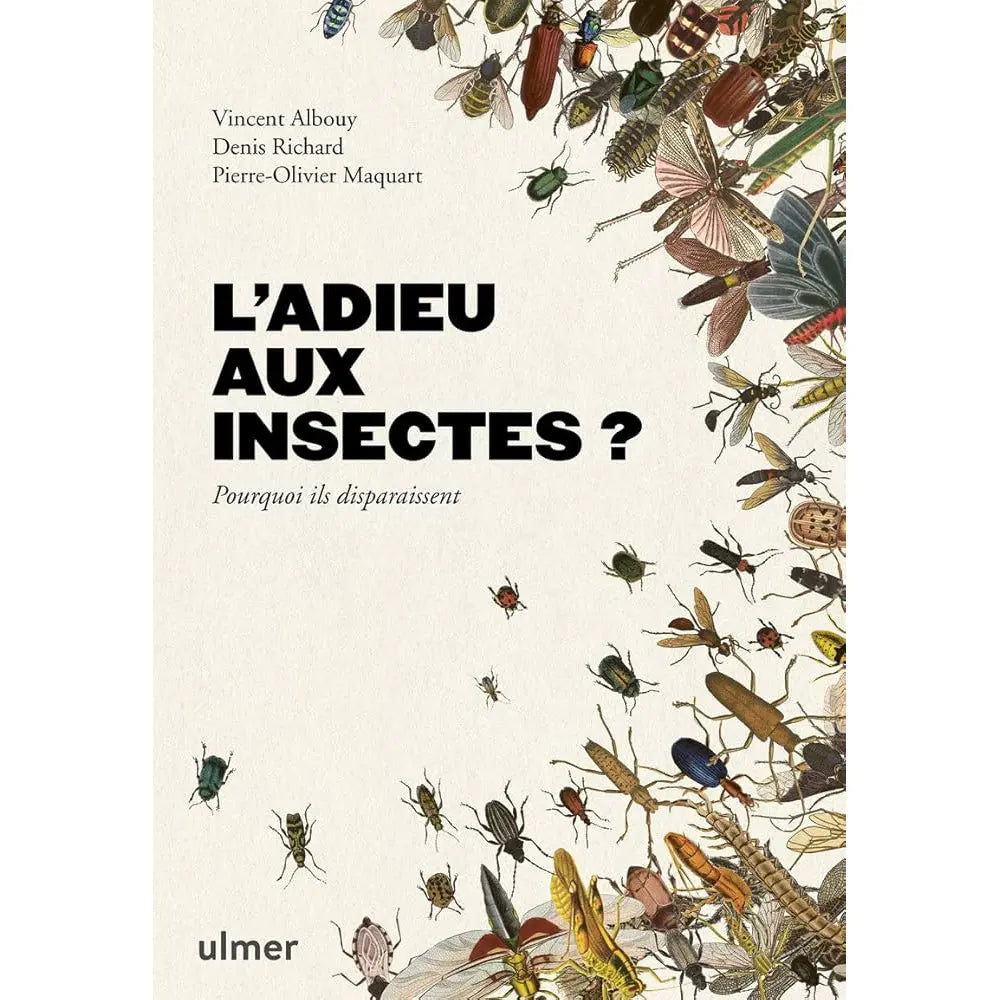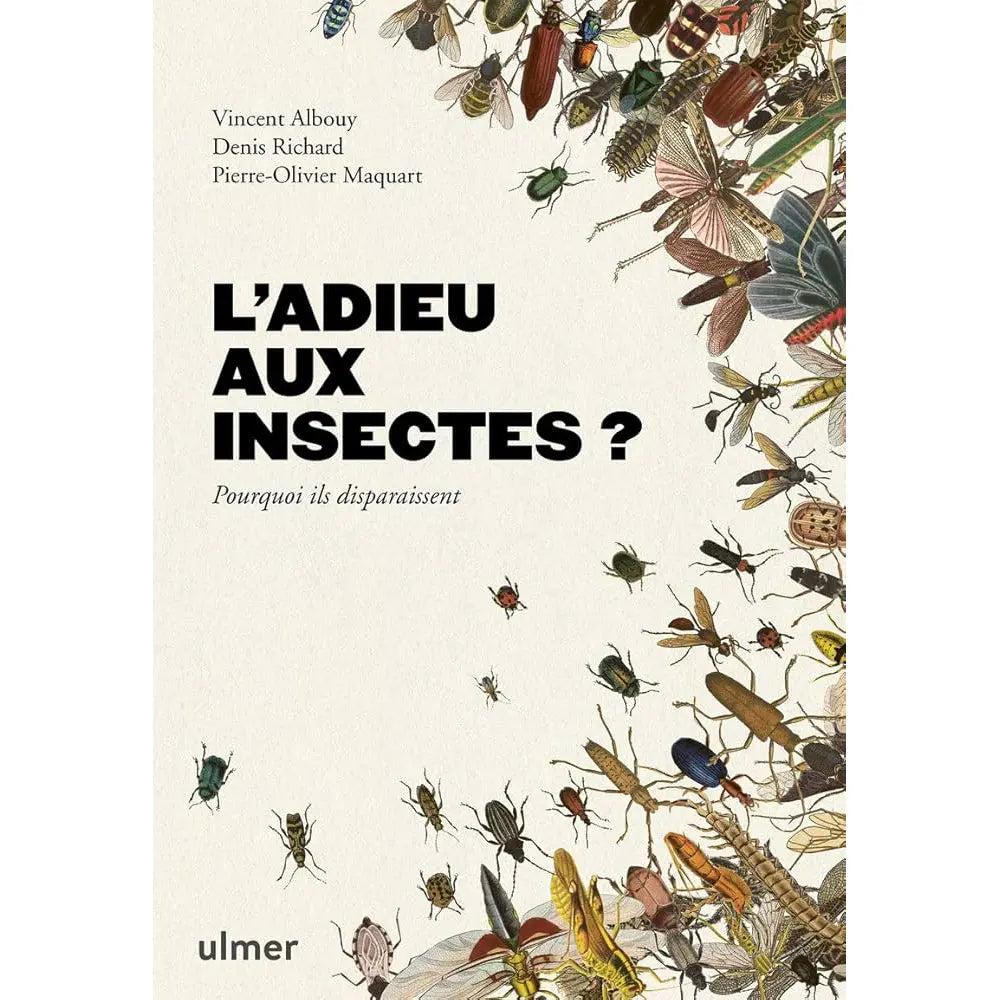FAREWELL TO INSECTS
80% of insects would have disappeared in 30 yearsThis is now scientifically proven. Although naturalists have been alarmed by this for several decades, until recently it was difficult to find scientific figures, because quantitative studies on common insect populations were lacking. This is no longer the case today. The first part of the book relates the personal accounts of naturalists on this disappearance, which they had observed concretely for years, without however being able to quantify its extent: the famous windshields of cars now too clean, the disappearance of glow-worms, the scarcity of butterflies, bumblebees, etc. The second part is a summary of the scientific studies now available on the subject, detailing the different causes of this collapse (intensive agriculture and forestry, pesticides, nitrogen pollution, light pollution, global warming, etc.) and allowing us to consider, accordingly, the measures to be taken to stop this decline, which is not inevitable.







